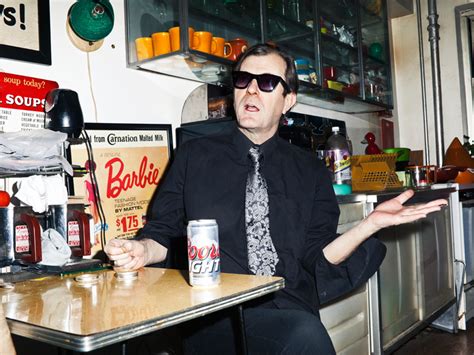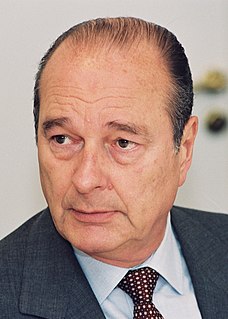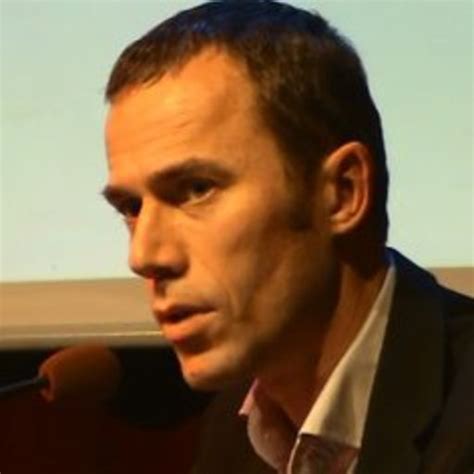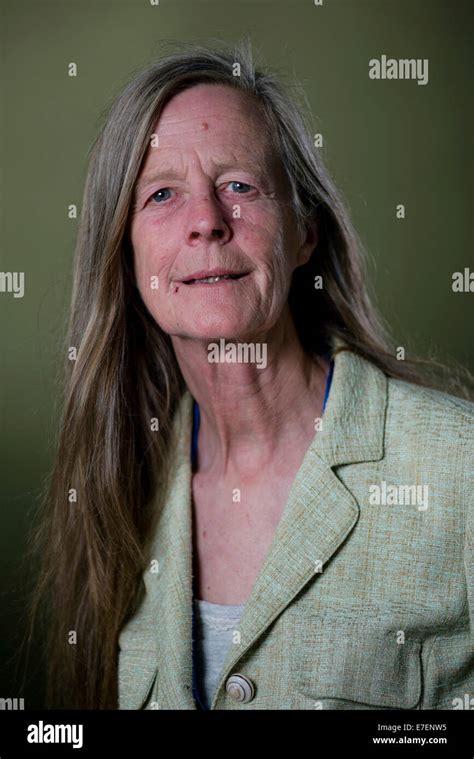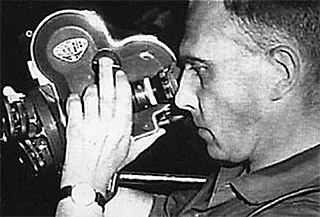A Quote by Lewis Thomas
Our behavior toward each other is the strangest, most unpredictable, and most unaccountable of all the phenomena with which we are obliged to live. In all of nature, there is nothing so threatening to humanity as humanity itself.
Related Quotes
Oh my God, does art engender humanity? It awakens your humanity. But humanity has nothing to do with political theory. Political theory is in the interests of one group of humanity, or one ideal for humanity. But humanity-my heavens, that's what proper art renders. We have a paradox. Going into the deepest aspects of inner space connects you with something that is the most vital for the outer realm.
Nature is typified by strength; humanity by weakness. Nature adheres to an immutable order; humanity to an ever-increasing chaos. Nature recognizes no equality at any level of it's order; humanity preaches an all-prevasive equality and freely hands-out unearned "rights" in an attempt to make its doctrine a living reality. In short: humanity is Democratic, nature is Fascist.
The rage for wanting to conclude is one of the most deadly and most fruitless manias to befall humanity. Each religion and each philosophy has pretended to have God to itself, to measure the infinite, and to know the recipe for happiness. What arrogance and what nonsense! I see, to the contrary, that the greatest geniuses and the greatest works have never concluded.
The notion of "humanity" as a form of transcendence derives, I think, from the conviction that intellectuality possesses an absolute power, from the demand that our best behavior depends on our ability to think abstractly, in terms of a universal rule, about something called humanity, that we need to understand humanity abstractly so that we can act responsibly towards those who represent it.
Our house is burning and we look elsewhere. Nature, mutilated and over-exploited, can no longer reconstitute itself and we refuse to admit it. Humanity is suffering. It is suffering from poor development, in the North as in the South, and we are indifferent. The Earth and humanity are in peril and we are all responsible. It is time now to open our eyes
We can't say that we believe in each other's fundamental humanity, and then turn a blind eye to the reality of each other's existence, and the truth of each others' hearts. We must be allies and we must be allies in this business, because to be represented is to be humanized, and as long as anyone anywhere is being made to feel less human, our very definition of humanity is at stake, and we are all vulnerable.
Mystical experience of nature can be of particular relevance to our troubled age, bringing deeper into our consciousness and emotions the logic that nature sustains humanity as humanity must, in turn, sustain nature. Rationality alone, however, cannot be our guide in the task of restoring our environment. A spiritual connection to nature must inspire the emotional commitment that is the yin, complementing the yang of intellectual understanding.




